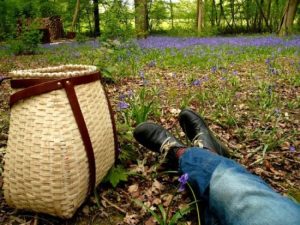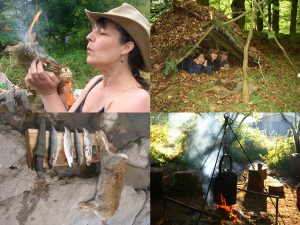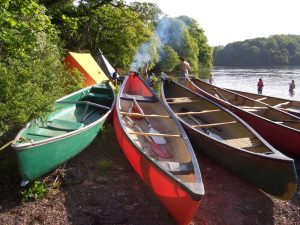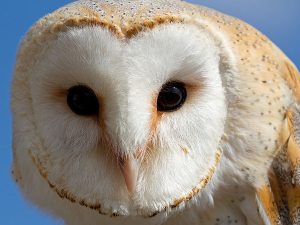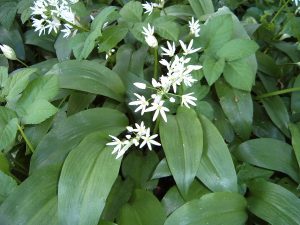Emily Fawcett explores what it might be like to live like our ancestors, to live the old way, on this land. What would it mean to experience life and the land like the indigenous people of these islands – as hunter-gatherers, to return to the Old Way?
Most days I walk this wide hillside, tracking red deer through the denser thickets, listening for the peregrine in the rocky places, gathering chestnuts and acorns, paying attention to bent grasses and birdcalls, and grateful every day for the glorious unfolding drama of the turning of the seasons. The land holds me unconditionally, I belong.
What would it feel like to track roe deer in the spring’s early morning mist?
To harvest mussels in the estuary from a canoe?
To be confident in reading tracks and weather patterns, using the birds and lichen as navigation tools?
To walk the landscape with your tribe, living off the land?
To live in an egalitarian community?
Stepping out on this path is about returning to this trusting relationship with the land: if I love and respect, take only as much as I need, and work to preserve the wild habitats, there will always be abundance. Hunter-gatherer peoples’ relationship to land is like the child-parent relationship: unconditional. While there are times of scarcity, there is no fear of real lack because the land will provide another source of food higher up the valley, or down at the coast, all we need to do is travel lightly and shift camp, always leaving it better than we found it.

For 800,000 years our ancestors on these islands were semi-nomadic hunter-gatherers.
How would it be to follow in the footsteps of our forbears as we move out across the landscape as a small tribe, carrying provisions with us, sharing in the old way?
If we were to wander, using skills of natural navigation, the sun and wind, lichens and plants for orientation and to find food and water sources.
Finding spots to wild camp under rock shelters, listening to the song of the river and the tawny owls, and rising by the sound of the birds.

To live together as a band in the forests, sharpening our senses to reclaim a natural human awareness, re-attuning to the land around us and the other species in it.

At the day’s end, huddling in and singing around the fire, and hearing tales of the day’s happenings and the old ways.
As spring comes around, the tribe would leave to paddle down the brackish waters of the river past bluebell woods, harvesting mussels, oysters and cockles and grazing on young beech leaves as we drift quietly downstream as a group, to wild camp on the shore, building fire the ancient way.

Making our way to the coast, with the ebb and flow of the tides; tracking animals and birds soon after sunrise when the sand is still damp, we’d watch the sunset over the sea while feasting on fresh mackerel, rock samphire, seabeet and seaweed, sharing stories around the fire
.
In early autumn there should be plenty of fruit and hazelnuts to forage on as we wander from the valleys back through ancient oak forest and over the high moor.

And then to find a warm welcome home to the place we started, where the smouldering fire waits to be kindled into bright flame once more for us to share our stories at the hearth in the presence of the Elders.
The Mbendjele people of the Congo say that when the forest hears laughter and singing, it wants to be abundant. I will happily add my voice to that joyful chorus.
If this sounds appealing, and you hear the crackle of fire… come join us on the Old Way – an 8 month journey into the skills and life-ways of what it might be like to become indigenous again and live deeply with the land, 5 journeys in Devon and 2 weeks in Namibia with the Bushmen.
About the author

Emily Fawcett is an experimental archaeologist with a recent MA in human-animal interactions in the Stone Age, primitive skills practitioner, tracker, musician and facilitator of various rites of passage and nature connection events. She is co-hosting the Old Way.





